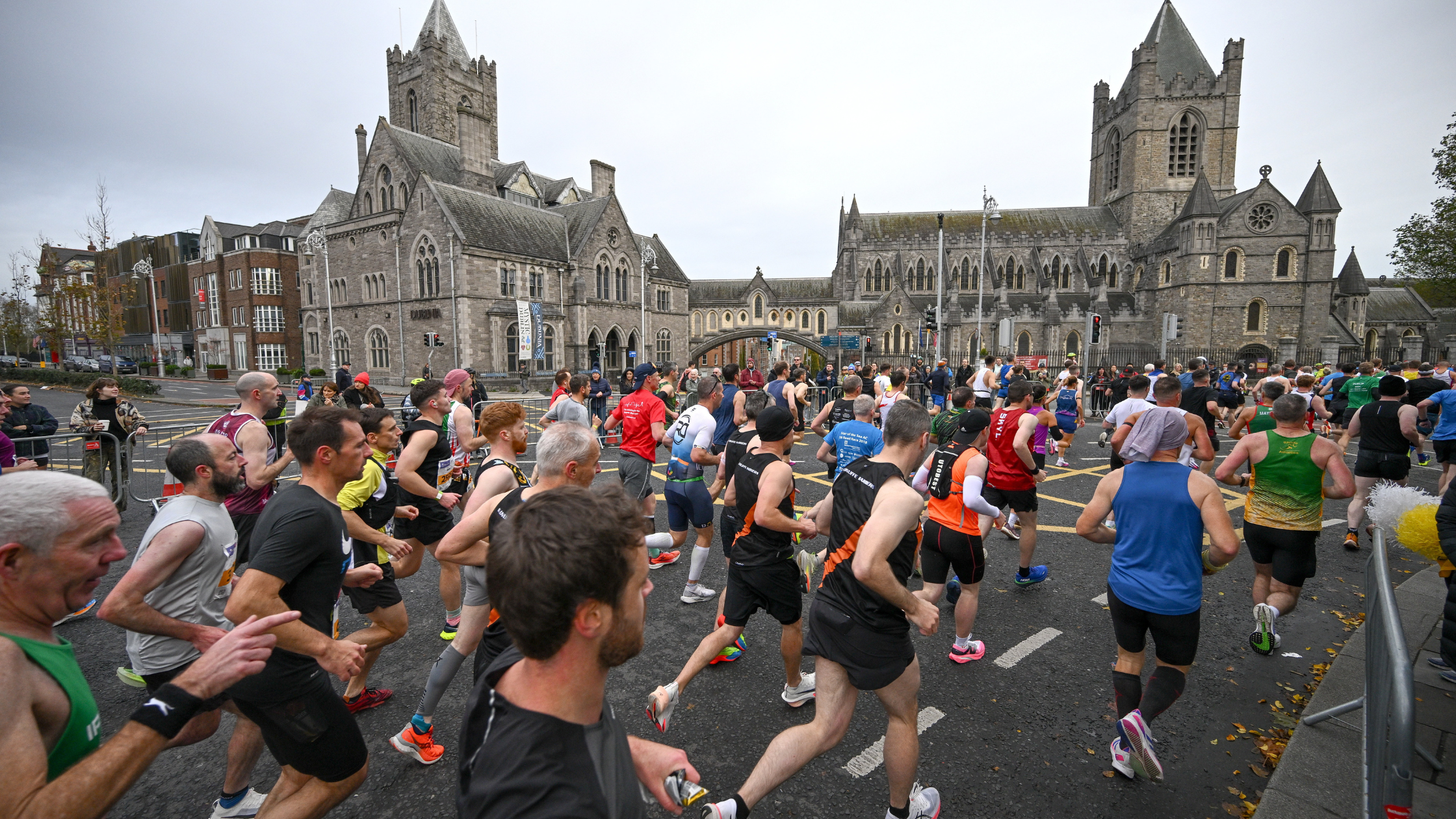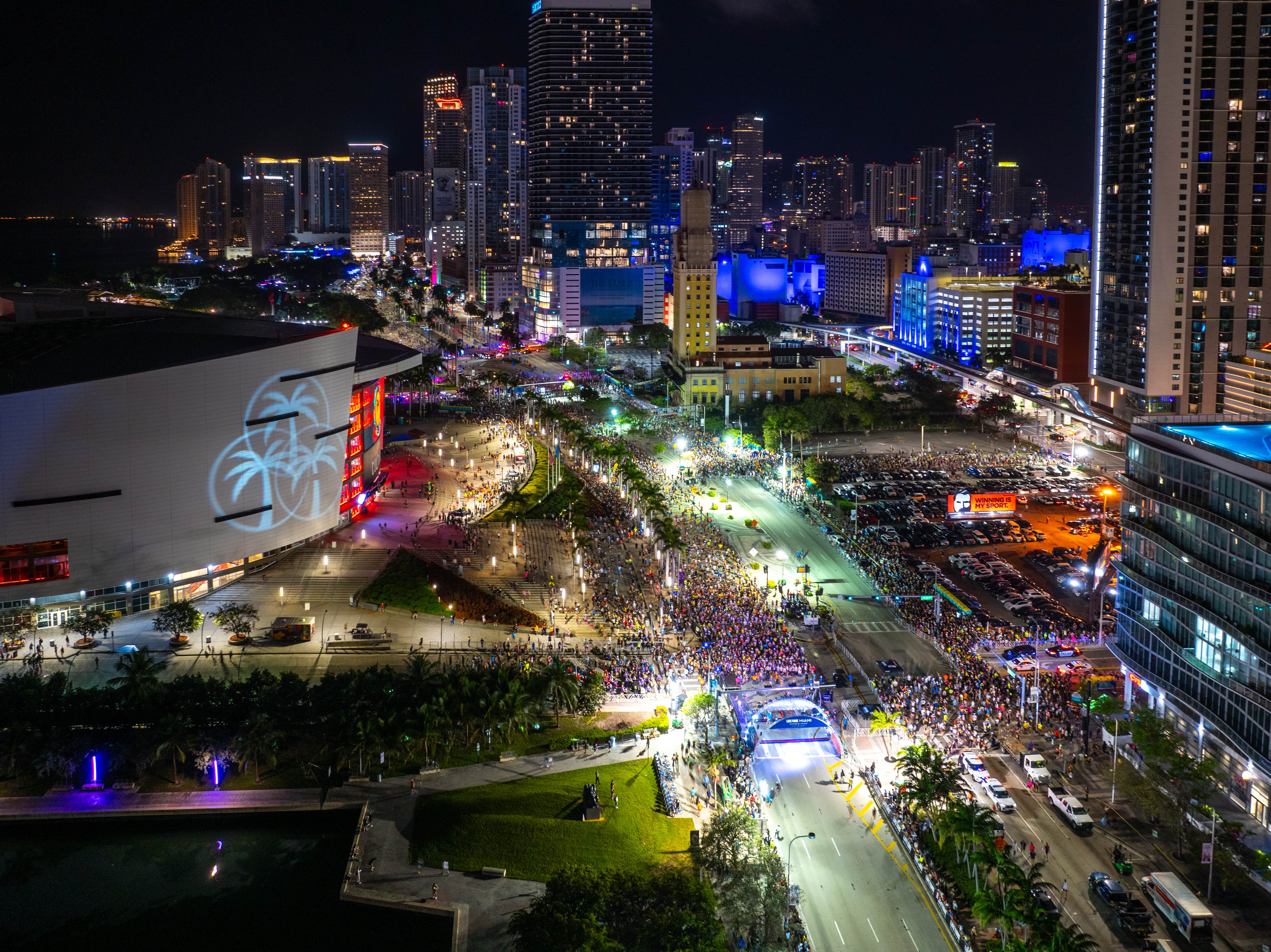It’s an age old conundrum that is relevant for beginners through to elites. Which is more important – the distance that you run or the speed at which you run them? Is more always better?
There’s no doubt that the quantity of running that you do is important, up until a point. In order to build a basic endurance engine there’s no escaping the fact that you need to get out the door and run, no matter how slow. If you are training for the longer distances, quantity is even more important as you’ll need to prepare your body physiologically, biomechanically and psychologically for the demands of an event where you could be running for several hours.
Potential diminishing returns
However, although many runners fixate on distance, quantity certainly isn’t the be all and end all. In fact, many physiologists believe that once you hit around 70 miles of running per week, the principle of diminishing returns applies. This is where the physiological benefits from a further increase in mileage are limited and the risk of injury is increased.
Many runners who are a little obsessive with hitting mileage totals often find themselves in danger of logging too many ‘junk miles’, spending most of their time in a ‘grey’ zone that is too slow to adequately recover yet not fast enough to elicit the maximum training benefits from each session.
Add some quality
Beyond a certain amount of long, slow running, your fitness will only further improve if you introduce some faster paced running into your training programme. Adding quality in the form of tempo runs and speed work will enable you to work on important physiological parameters such as aerobic and anaerobic threshold and oxygen uptake so that you can maximise the physiological adaptations that occur as a result of training.
A question of balance
So, where does that leave us? Which is best - quality or quantity? The answer isn’t straightforward and essentially it’s a question of balance.
Quantity is important, up to a point. There are elite runners who have run world class marathon times running in excess of 140 miles a week, whereas others have had equal success running a much lower mileage (80 miles a week). There is no doubt that aerobic endurance is the bedrock of distance running and it’s hugely beneficial to build an endurance base of longer, slower runs before you layer on speed work .
However, if you want to make further gains in fitness, then quality workouts will give you that extra edge you’ll need to push for a personal best . The trick is to prioritise your quality workouts and then fit as much easy and steady running around these higher intensity days as you can without jeopardising the quality.
This is very much an individual concept as some runners are simply better at recovering than others. Recovery is about repairing mechanical damage to muscles, replenishing fuel stores and allowing yourself some psychological relaxation. Therefore your ability to recover largely depends on your lifestyle, nutrition, sleep and stress levels.















